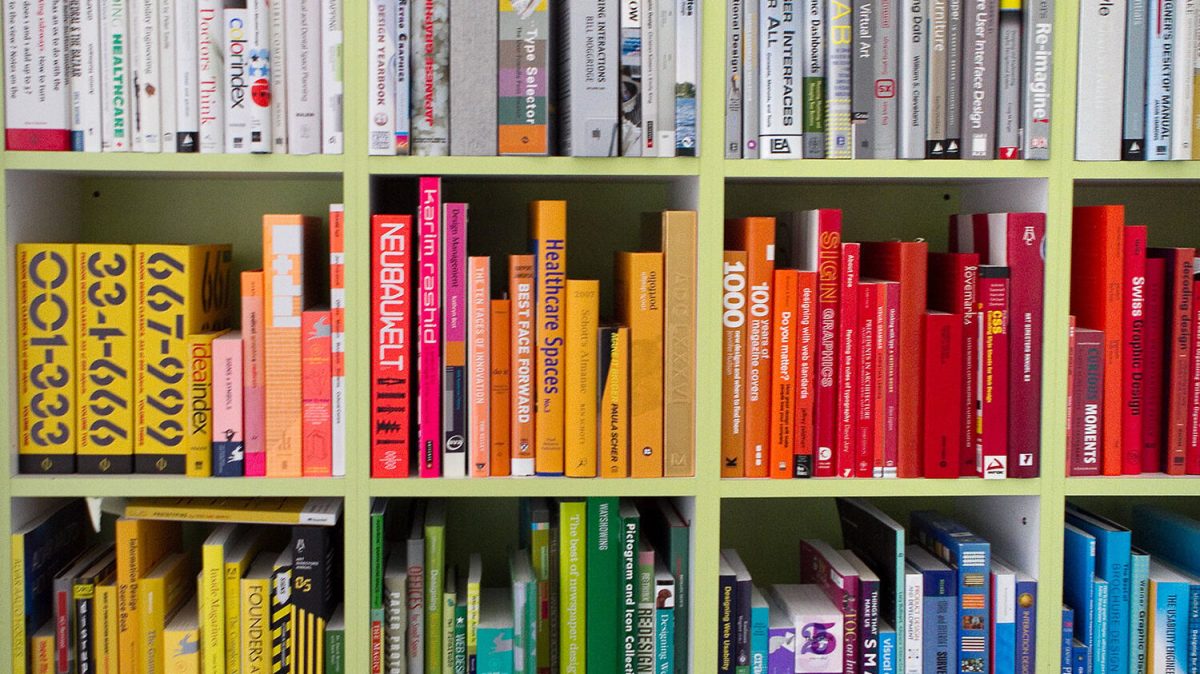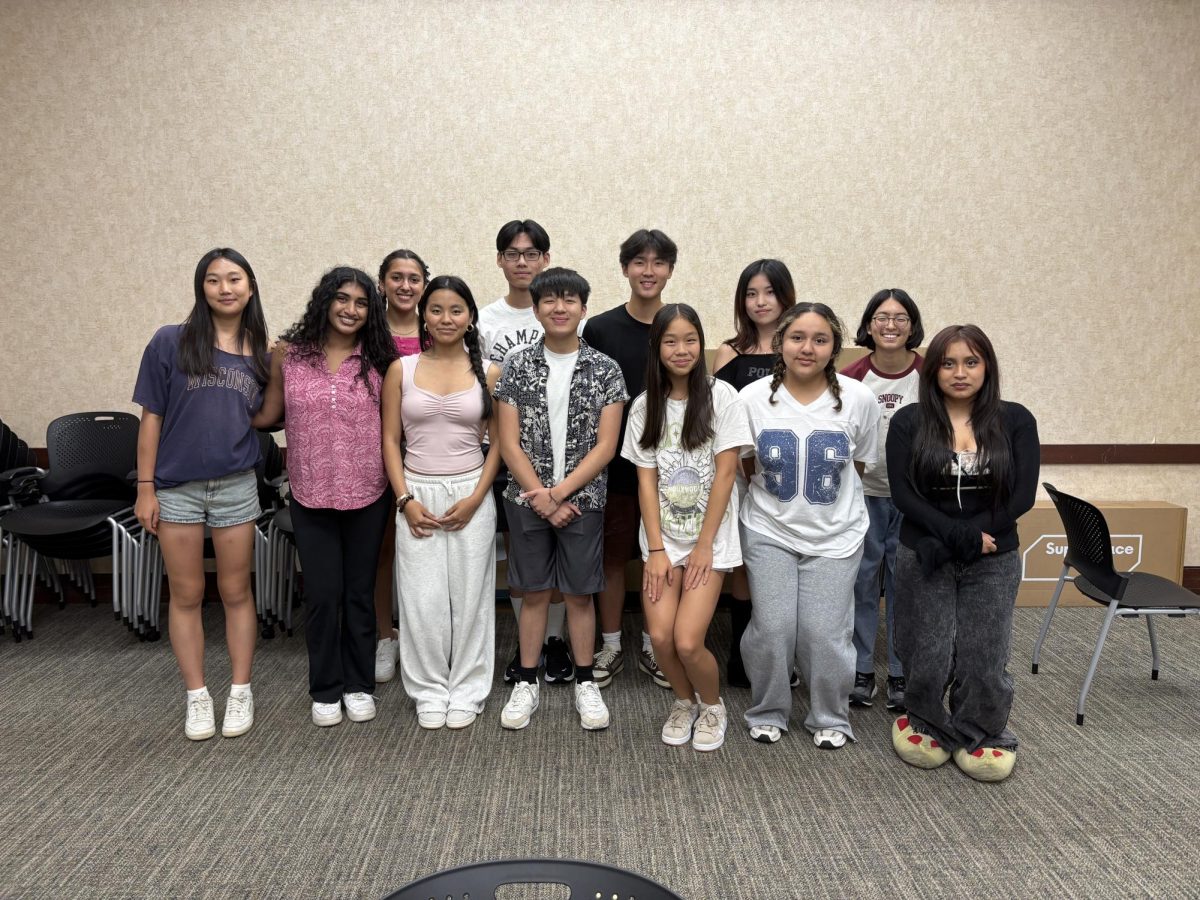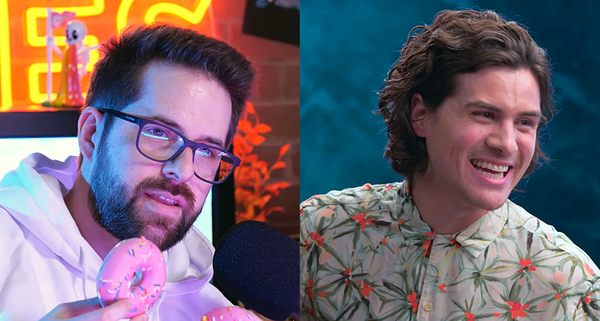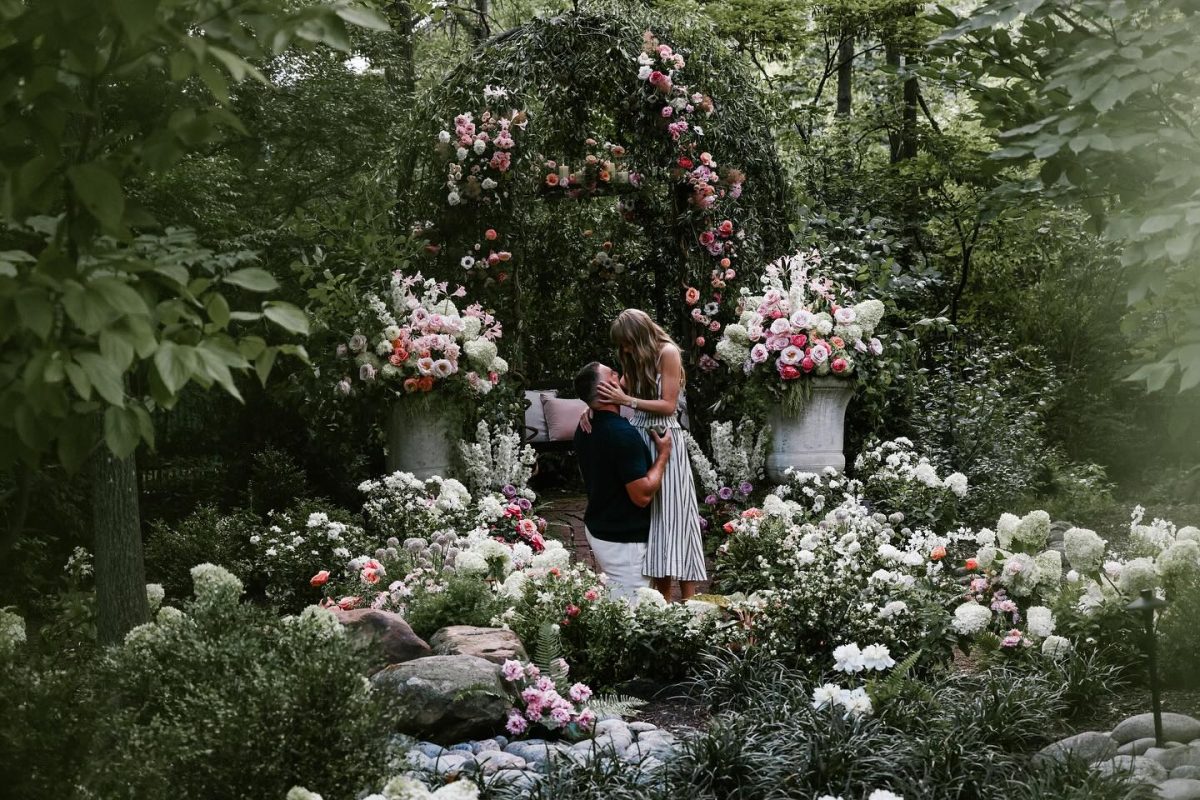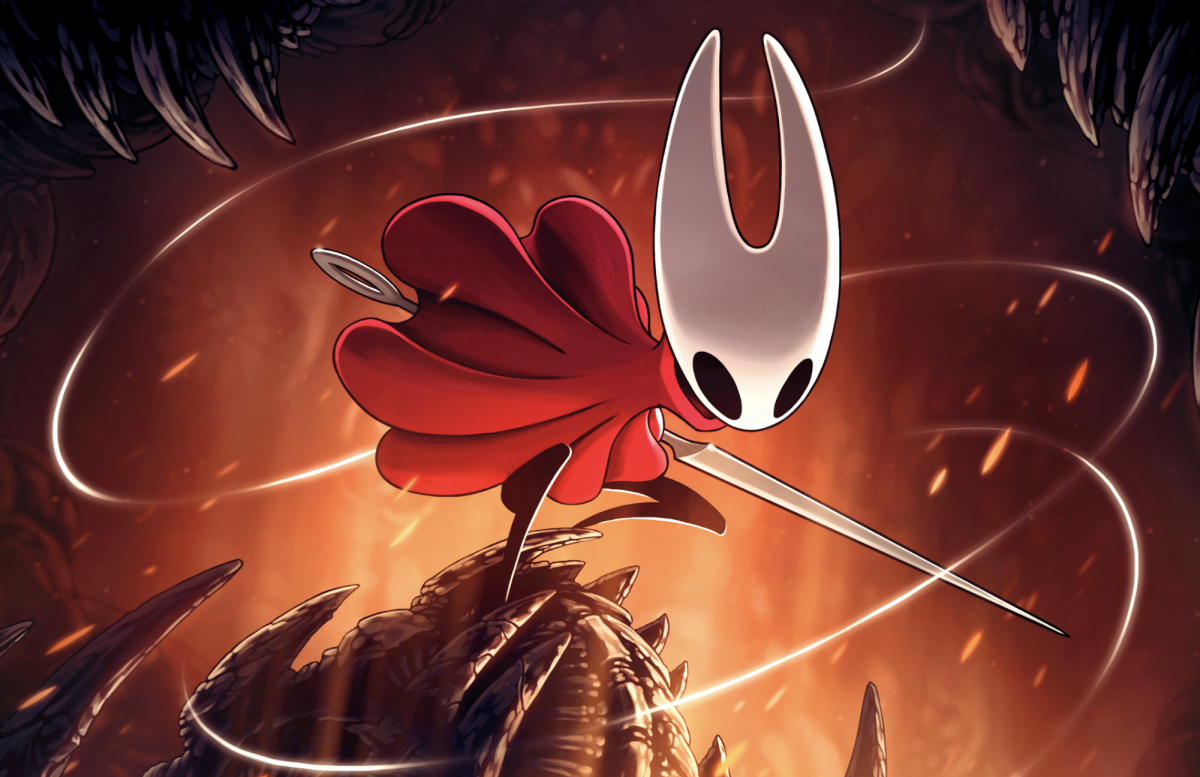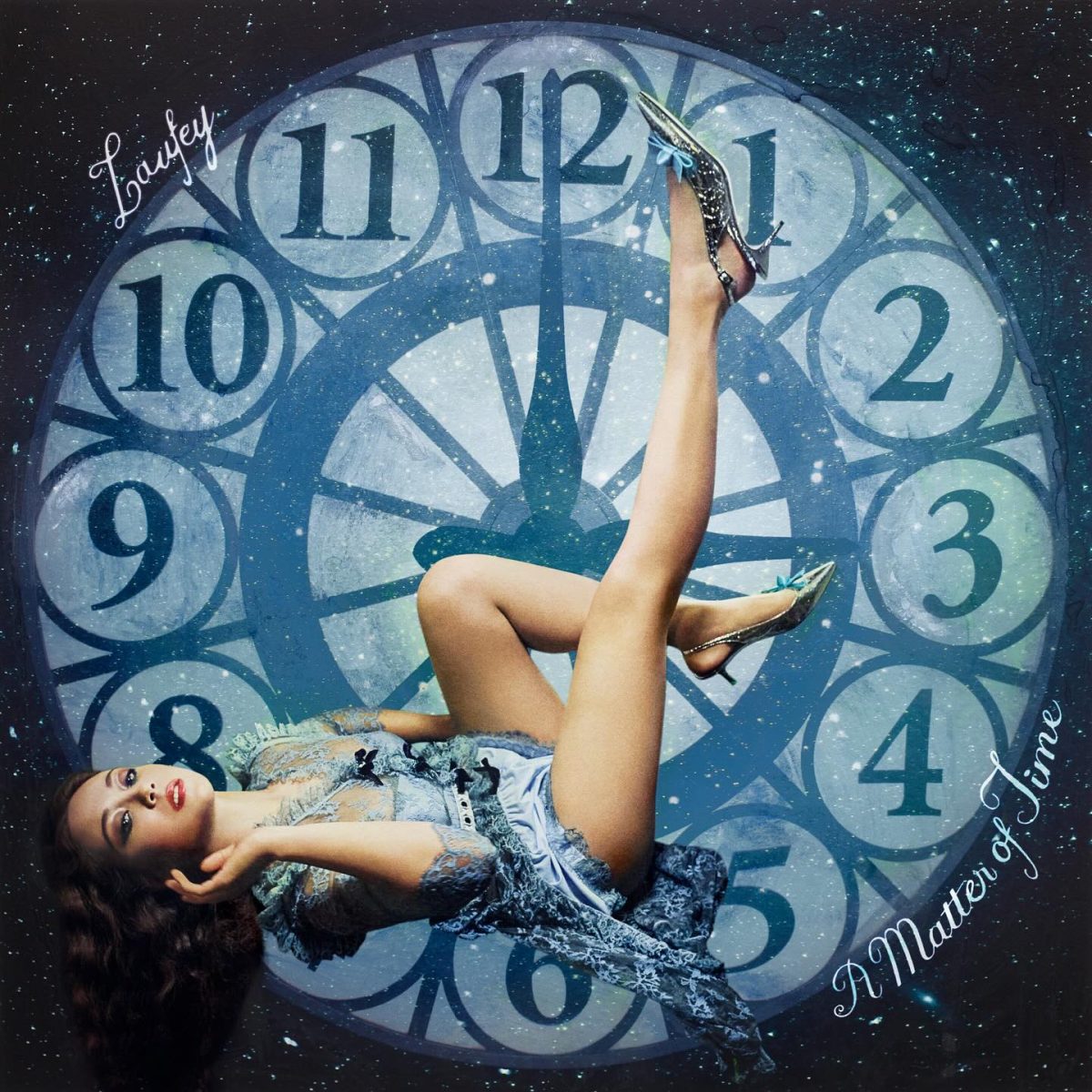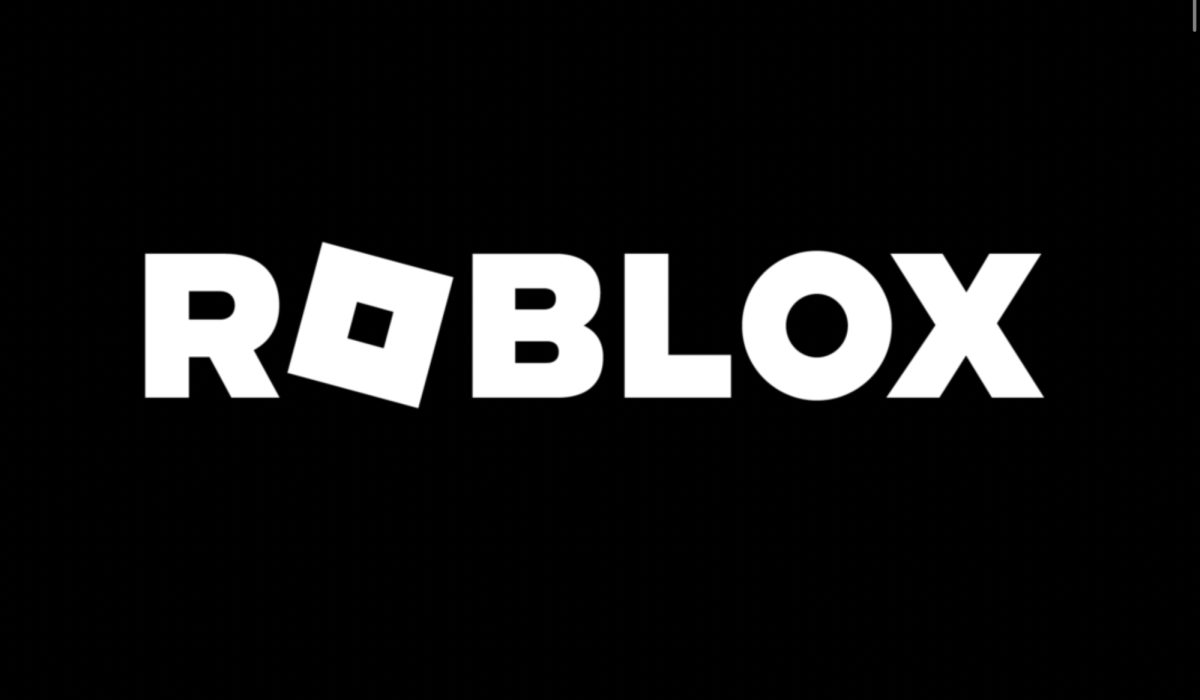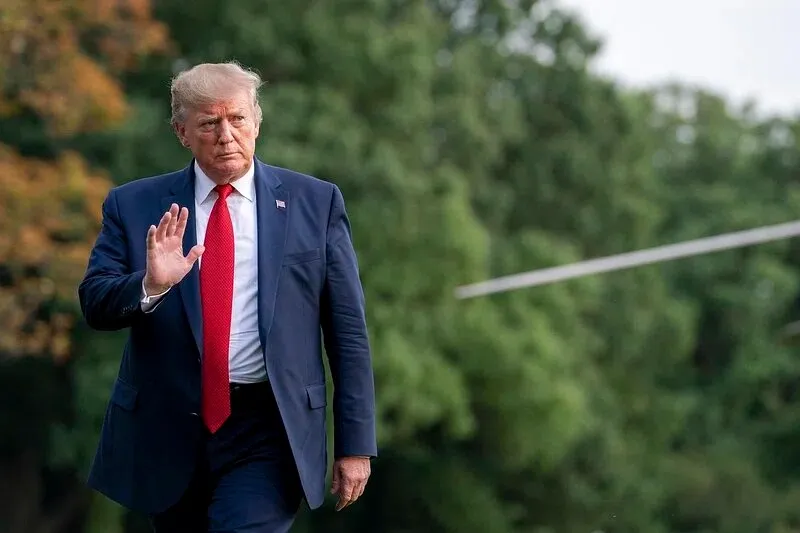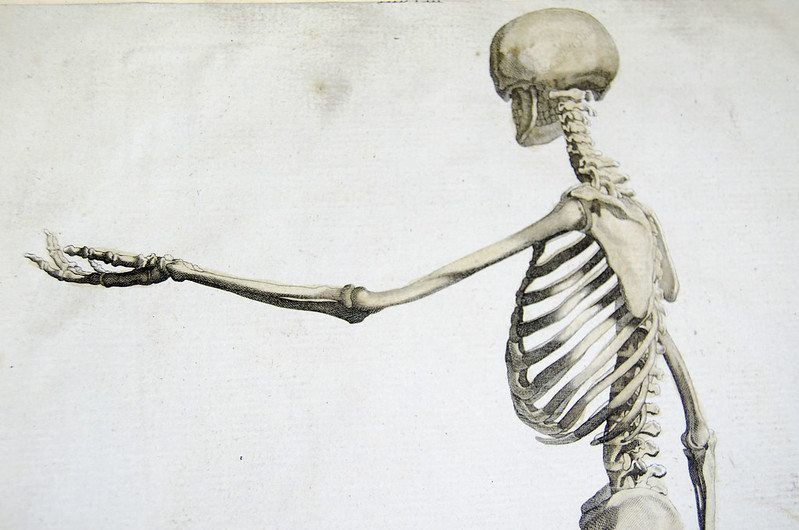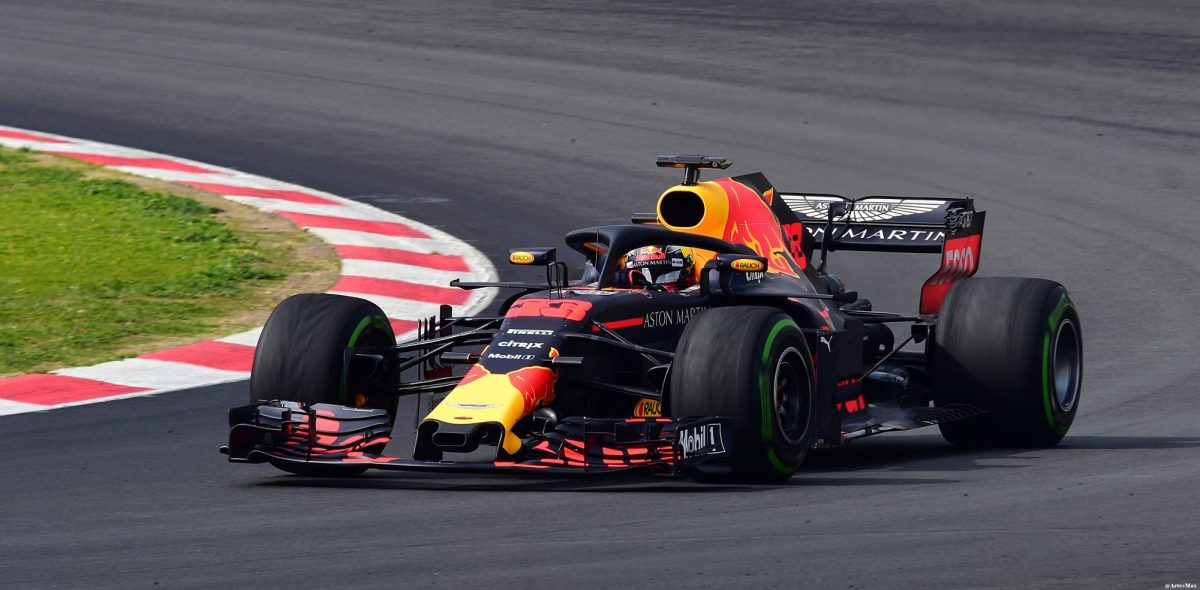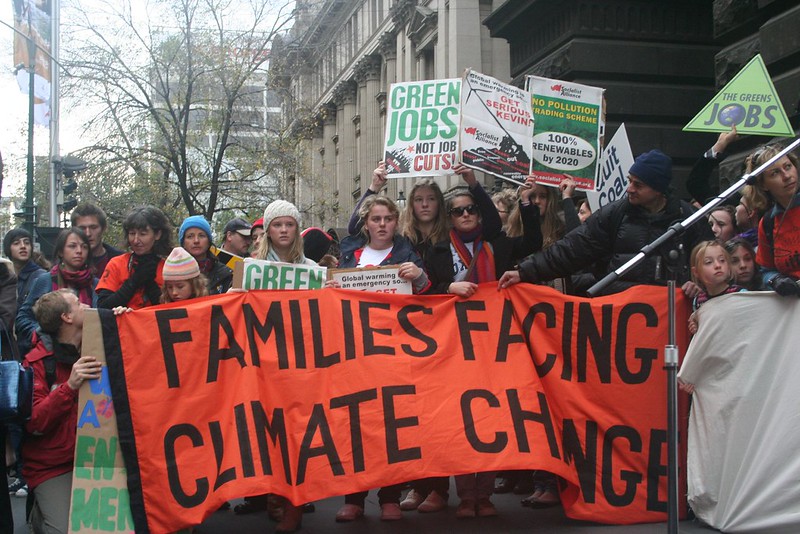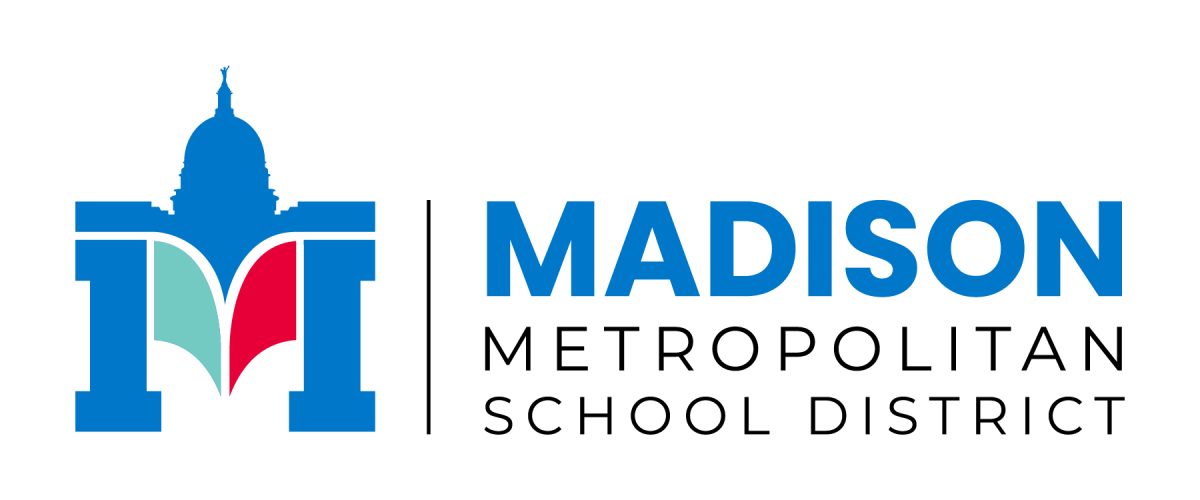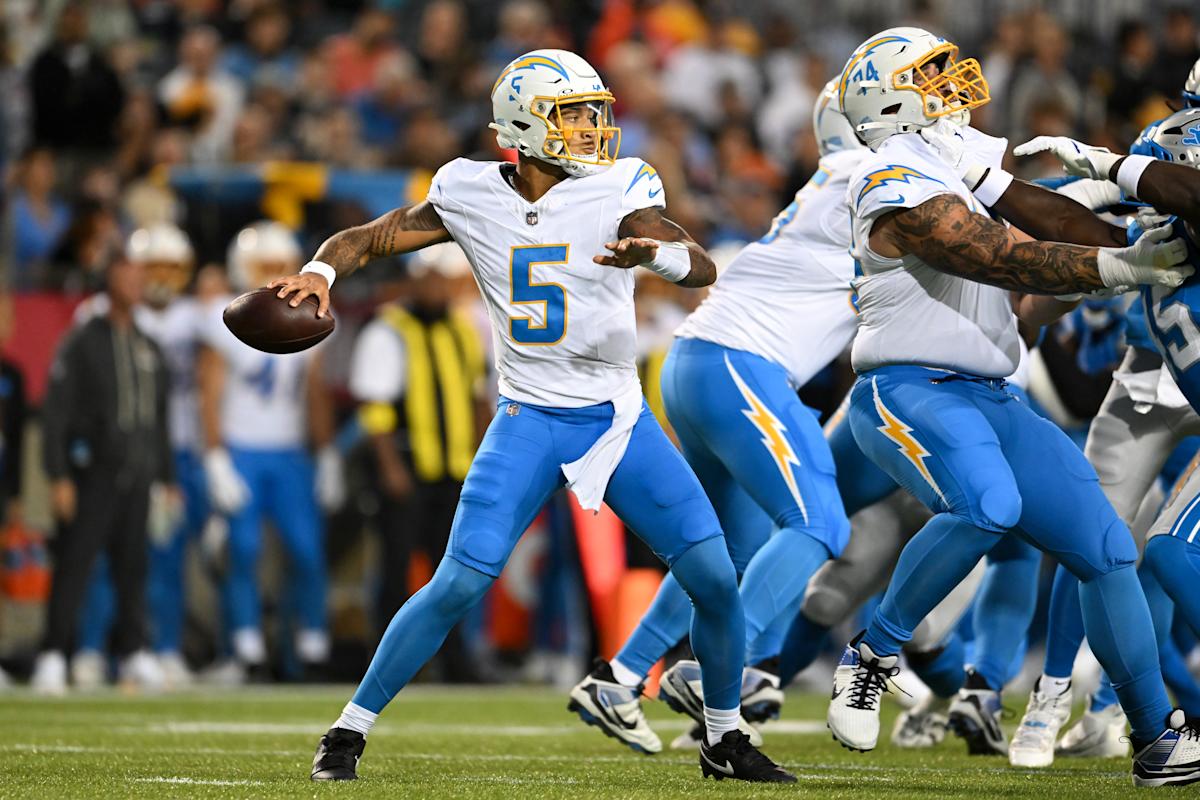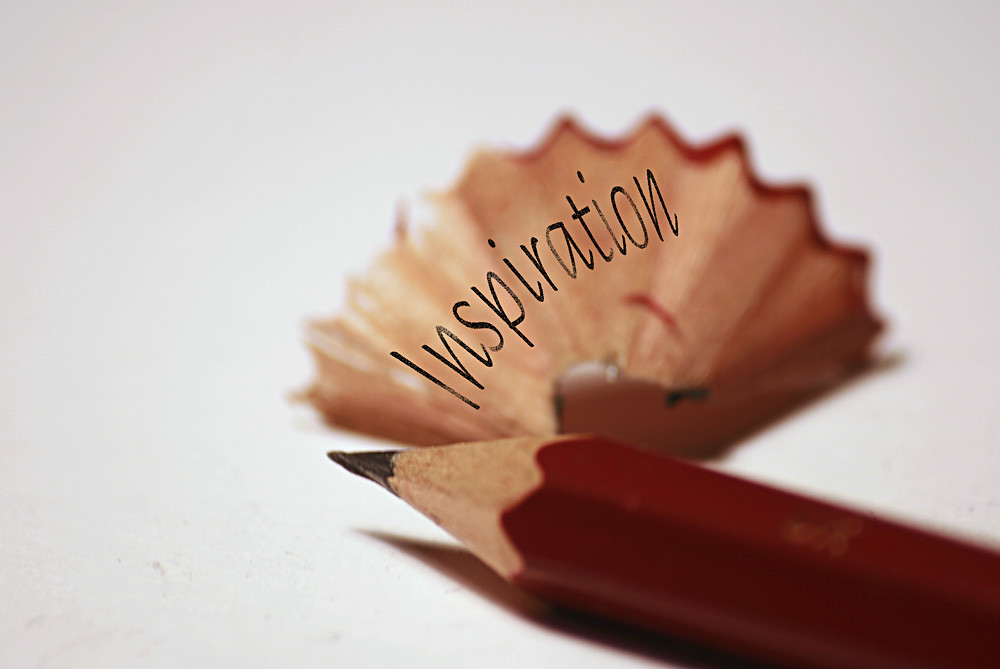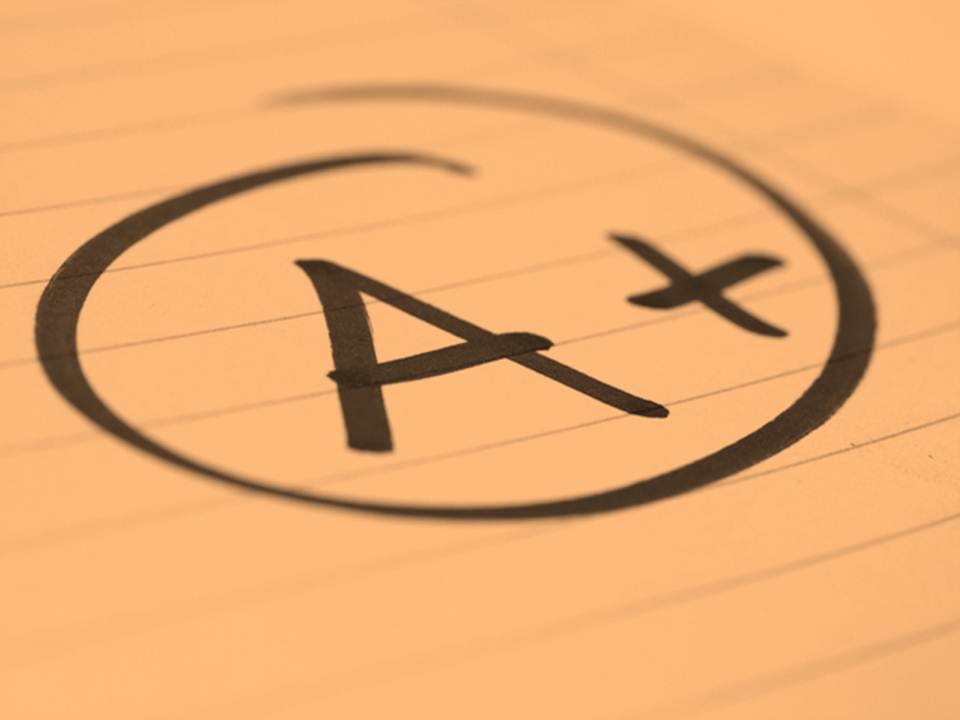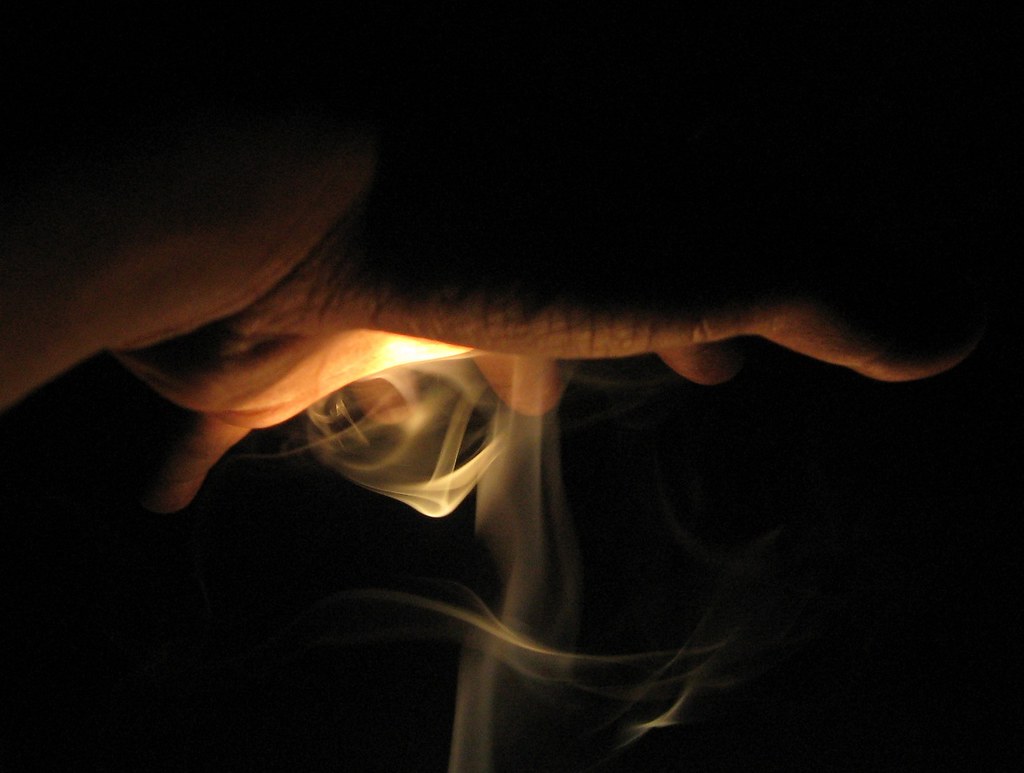As the Opinions Editor for S&S, I know that as rewarding and satisfying as creative writing can be, it can just as often be a grueling, exhausting process. Whether you’re writing for a class, a club, or for fun, it can be difficult to find inspiration and assistance in student spaces. While the writing we do here at Sword & Shield primarily falls under nonfiction more so than creative writing, many of the same principles apply. To answer some questions about creative writing as a student and delve into the breadth of creative writing techniques out there, I sat down and talked to one of Sword and Shield’s Editor In Chiefs, Sophia Jiang. We started with the basics.
MAX: Where does your writing primarily fall?
SOPHIA: Songwriting. I’ve been playing piano for 13 out of 16 years of my life with a huge classical movement foundation. Where does your passion in writing mostly fall?
MAX: Mine is a little more scatter shot. It’s mostly scriptwriting. I love making videos with my friends, and the scriptwriting process is one of my favorite parts of that. And whatever loose ideas I have, I also Game Master for a DnD campaign with a few friends, so I use that as a sandbox for most character and world building ideas I have.
SOPHIA: I feel like that’s where we connect! That world building you talked about. A lot of times with my songs, I feel like I can write from anyone’s perspective. I can generate a storyline that doesn’t just have to be, “This happened to me today and it made me feel this way.” It’s like a blank canvas where you just can just paint whatever you want on it, but at the same time you know you can change whatever you want. You can tweak things to whatever your liking is. You don’t have to follow any rules– that’s what I love about it.
MAX: Yeah, that’s really interesting. I think songwriting definitely has a lot more freedom in what you can explore because there is no need to have a plot necessarily. It’s more about a feeling, a perspective. How do you get yourself into the mindset of those perspectives?
SOPHIA: Well, most of the things I write are from personal experience, but my immediate go to is to figure out who is singing, and to try to get across her feelings in a way that no one has ever done before. And that can be done through simple metaphors and literary devices. I think my favorite way to get into that mindset is just to write down a ton of metaphors and similes and just write down, “my feelings are blah, blah, blah.” Just having lines and lines you can pick and choose from for later is so helpful… Yeah. And that’s why I think I mentioned to you once that I don’t like deleting everything. I just like to make copies and then edit the copies, so eventually I have documents that are copies of copies of copies (laughs).
MAX: (laughs) You’ve told me about that, yeah.
SOPHIA: Yeah. But anyway, with your like scripts and worldbuilding, how do you organize all your ideas? I’m sure you get a lot.
MAX: I write a ton down in my notes app when I get ideas… but I think I work best with limitations. Being able to say “This is what I have and this is what I can do,” and asking “What can I do with that?” is so important for planning for me. I think if I just had a blank canvas, I wouldn’t know where to start. But if I had an idea of, “Okay, I need to do this kind of thing in this amount of time with these resources.” That’s where I work best.
SOPHIA: I’m the opposite. I love working off of a completely blank canvas (laughs). I don’t like deadlines. I want to just write as fast as I can or as slow as I can based on how I feel. With that, I also find that a lot of things I write are coincidental. It could be like I’m trying to brainstorm and I look around and I’m like, “Oh, there’s an object that happens to rhyme with this word.” Or I’ll have words down and I’ll be like, “I can’t find a word.” And then it turns out 20 minutes ago, I had written down a word that fits perfectly in there. A lot of my writing is like that. The luck of the draw. Is it the same with you? I’m sure with scripts and stories there’s a lot more plot and planning involved than that.
MAX: For sure. There’s this theory of planning for writing I know of, that’s essentially Gardeners vs. Architects. Gardeners are essentially: they have a premise and then they let the story grow out from that premise. They let whatever they need to create, grow out from that original idea. While architects are very planned out. They need to plan everything in advance. They need to have that blueprint.
SOPHIA: I’m a gardener.
MAX: Definitely.
SOPHIA: What are you?
MAX: I’d say I’m a mix. I plan very heavily, but then when I’m actually putting stuff on the page, there’s always more that grows out of that. I always think I have it all planned. And then once I actually start creating–
SOPHIA: It turns into something different.
MAX: Exactly! So I think that is interesting. It’s not the best, but it’s my process. I think songwriting is definitely a better medium for gardeners because I think it allows for a much more subjective approach to writing.
SOPHIA: I feel like with the type of writing you do, it’s more tailored towards writing from a third person perspective. But do you ever like to pull from what you’ve seen and write something of your own perspective?
MAX: Hmm… No, I don’t think I ever write from my perspective, but most of the things I write do incorporate something I’m thinking or feeling– it’s hard to describe, but there was a script I wrote a little bit ago that was just this weird, absurd little sketch with a friend, and it was just a completely nonsensical sort of thing. But it was based off of a little anxiety I’ve been having in the back of my mind. And the sketch wasn’t necessarily about that, but I channeled it a lot in thinking about how I wanted characters to act. So I don’t write necessarily from my point of view, but the throughline of most of the stuff I write has some feeling I have about the world or life in general… As far as getting those ideas to start gardening and growing, what happens when you don’t get them? How do you deal with writer’s block?
SOPHIA: You know, I’ve got like hundreds of ideas. So when I don’t like what I’m writing, I just go to another one. So I always have a back up. So it’s really not difficult to deal with it. Sometimes, I’m not really in the mood [to write], I feel I need to take a break and I do that.
MAX: So when you encounter that, you just take a break and you just wait for it to come back.
SOPHIA: Yeah. Because I always have confidence that internally there’s chemical messages saying “You feel this way, you feel that way,” and sometimes you just don’t feel a certain way that allows for you to get into [writing]. You have to listen to those messages. Your body always knows when you’re in the zone and you always know when you’re not. And so just being able to understand your own rhythms is amazing. And it helps to do that because it spills over into other venues of like, “I cannot do this right now, so I’m just going to move on to something different.” That’s a healthy life skill in general. As long as you understand what your body’s telling you, you can always be doing something. And it’s just great because it’s a little pinch of happiness everywhere, you know? Do you think writer’s block is a really big issue for you? How do you deal with that?
MAX: Oh, well, for me, most writer’s block comes in just the idea of, “I have this idea and then I don’t know where to go from here.” Because sometimes I’ll write to a point and then I’ll look at what I’ve written and go “Oh, this is not good.” (laughs). Maybe I liked the idea, but the way I’ve developed it is not great. And I don’t know another way to do that. So I think I do the same thing that you do, and I just take a break from that. Maybe I’ll come back to it. Maybe I just scrap it altogether. But I think that mindset of “Oh, what if you get an idea and then it’s just bad?” I think that can be a deterrent to writing more. I know it has been for me in the past But I think it’s still valuable to write bad things. I think it’s still okay to get those bad ideas out there.
SOPHIA: It’s wonderful. And sometimes I find that your worst ideas can actually, if you just make one small difference, turn into something really good.
MAX: Yeah! Or if not– that’s always something to look back on. With hindsight, you can always reflect on those less than good ideas and be like, “Okay, this is why it didn’t work.” And now you can do something different in this new thing you’re working on. Bad ideas are really helpful in that way. But on the flipside, is there anything you’ve ever written that you have been especially embarrassed about as far as writing? How do you often deal with that?
SOPHIA: Okay, so, I have a best friend who loves listening to my songs and reading my lyrics. It’s really funny. When either of us have a problem, we’ll just go into the chat and talk about it. Often, when we’re talking about a problem we’re having, I’ll be like, “I wrote about that [in a song] two weeks ago. Do you want to read what I wrote?” And she’ll be like, “Yeah!” And even if it’s a little embarrassing, I’m just going to send it because I have nowhere else to send it… So you can imagine what happens. Which means the chat was full of, like, tons of funny voice messages. Probably like 500 lines of random poetry. (laughs)
MAX: (laughs) Wow. That’s a lot.
SOPHIA: It was really fun, actually, because she’s the first person I go to when I’m proud of something, because she’s also like a teenage girl, which– There’s a lot of relatability there. Yeah. And it’s just nice having somebody see what I’ve made and really like it and relate to it, That helps me with embarrassment a lot.
That’s the reason I feel that drives me to write, you know? I have to do this for my own mental health. Yeah. There are very few people out there who know that I do this, but they understand what I write, and that’s good enough for me.
MAX: Yeah, totally. I think it’s so good to find someone who is there to bounce ideas off of and share your work with. I think that’s vital because even with people who don’t make that same art or write the same way you do, it’s so valuable to get that second perspective. It helps you see your own creation in a different light, which is one of the best things about writing and art, that subjectivity. For you, are there any specific other writers that you get inspiration from?
SOPHIA: Oh, my gosh. Okay. So I think that inspiration can come from anywhere. Like, I’m talking STEM, literature, classic literature, modern books, movies, paintings. And there’s no specific artistic medium that I get most inspired by. But when I see a piece of art I like, I can note, “I really like the way that artists did that. Maybe I can reference that.” Usually it has to be from a long time ago. Obviously I’m not going to hear a song that was released like a week ago and be like, “Oh, I’m going to reference that.” It has to be from at least 50 years ago, for me (laughs). But yes, I just think that, you know, it’s kind of like input-output: Consuming art, seeing something you like, saying “I could make that,” and twisting that into something of your own. I’ve always compared it to baking a cake. You input a ton of ingredients, the emotions, literary devices, the chords you’re using and you mix it around. Putting down the ideas is making the mix for the cake. It’s usually messy and undercooked and not at all ready for consumption. But then when you actually put it all together and you take it out of the oven, once you actually execute your ideas and make something, it becomes something that everyone can enjoy. Or it just falls apart! (laughs) Either way, I think that’s pretty cool. I just want to kind of bounce that same question off you. Who do you depend on for inspiration, if anyone?
MAX: Well, first of all, my DnD group is wonderful. Since it’s a collaborative storytelling experience, it’s like, even though I’m the one building the world and setting up these dominoes and character arcs for them, they will still make choices that surprise me and are better than what I had come up with. So that’s always there to be like, “Oh, I am seeing another perspective telling the same story in real time,” and that’s always so useful. I also have a friend who I make most of my videos with and I send all my scripts to and bounce things off of and he’s so helpful when it comes to that. Sometimes, he doesn’t even have to pitch in ideas. It’s just good to have someone read it and see what they react to. See what works most for them. He’s always been so helpful when it comes to that. Sharing your work with friends is valuable! As far as wider artistic inspirations go, most of my storytelling inspirations come from movies. I watch too many movies.
SOPHIA: I can tell.
MAX: Um, yeah, I’ve watched, I think, 160 movies this year. (laughs)
SOPHIA: (laughs) Yeah, I’ve watched like two.
MAX: Yeah. I mean, that’s good. I think the amount I watch is unhealthy.
SOPHIA: If you’re a writer, it’s very healthy. What do you like? How are you most inspired by movies?
MAX: Well, I think movies are a combination of like so many different forms of art. They’re extremely visual, they’ve got music, but they also have complex writing and dialogue. I think that is a reason I’ve never really finished any short stories, because I’m always thinking about them in cinematic terms and it’s hard to fit that much information on the page in just text– it’s hard for me to develop an entire visual world in words without just delving into tedious information, which I hate doing. Some people are good at that- I’m not. But I think that those visual ideas can also sometimes be used in music as well. Like you just did that whole cake metaphor (laughs). How do you incorporate that into your music, if at all?
SOPHIA: Oh, yeah. Every single day. You know, it’s crazy. I’ll compare, like, a failed test to, like, a totaled car. Yeah.
MAX: I mean, that’s visceral. Yeah.
SOPHIA: I always like to put a twist on common expressions. And those expressions usually describe something very vivid. Putting the planned words is just a way to, like, bring those expressions about those vivid images to life. So just naturally my songwriting is visual, but usually I don’t incorporate a lot of like visual description. Yeah. For example, I’m never going to write something, “Well this table is so brown. Yeah. These amazing horizontal lines. I’m in love with the way that its imperfections bring out its character.” I’m never going to write that. (laughs).

